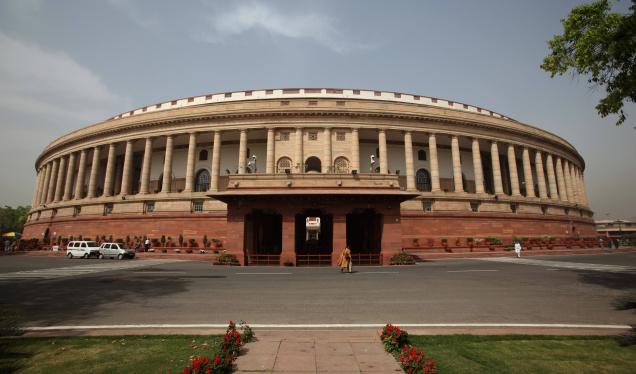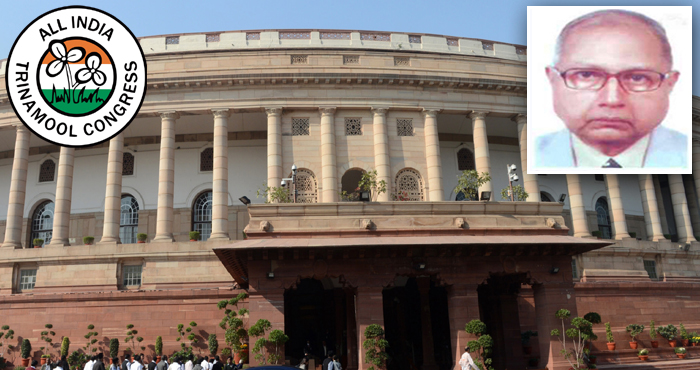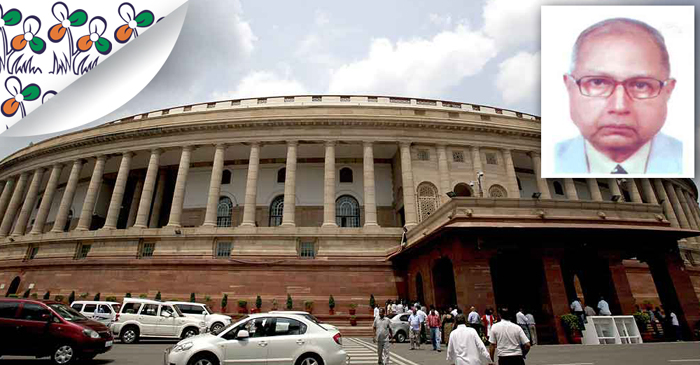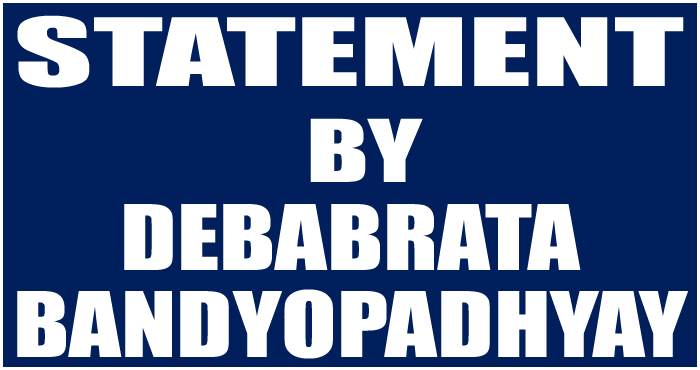FULL TRANSCRIPT
Thank you Mr Chairman for giving me this opportunity to speak on the Railway Appropriation Bill. I would also like to thank my party for this opportunity.
The Indian Railway has two important responsibilities – economic viability on one hand and social responsibility on the other. The Railways must keep both these responsibilities in mind in all their initiatives. For the first time in India, the General and Railway budgets have been combined. However, this merger has allowed the Government to hide certain facts certain facts.
I would like to highlight that since Independence, capital spending on the railways has largely been borne by the Central Government. In the last 2 years this pattern has changed and State Governments have been asked to bear costs through SPVs. The Government has pushed 70 projects with 9 State Governments that require financial and other resource contributions by those State Governments. While this may work with a few State Governments, this model is not viable for those states that are debt stressed and cash-strapped.
The gross traffic receipts (GTR) for 2017-18 has been projected at Rs. 188,998 crore. In 2016-17, the GTR was projected at Rs. 184,819 crore. But the revised estimates of the Budget admitted to a shortfall of Rs. 12,664 crore. It is obvious that even this year’s projection will fall short. The Government is not being honest with the state of railway finances. For the first time since 1978, there was a drop in freight earnings compared to the previous year.
The Railways is popular on social media like Facebook and Twitter. However, the number of unreserved passengers is 12 million out of 13 million. How are you engaging with this 12 million?
This year, with the merger of the Railway Budget with the General Budget, the larger social obligations of the railways have been completely side-tracked. The generosity and sense of mission has gone. Indian Railways has been a big supporter of Indian sport. In 2016, one-third of the Indian contingent to the Rio Olympics was from Indian Railways. How have they been repaid? By changing rules and making it difficult for sportspersons to train.
The earlier 330-day special casual leave (SCL) will now be given to only a certain category of sportspersons, including Olympics and Commonwealth Games medal winners. The 120-day SCL granted to players without a medal, but with the potential to win one, has been cut to 90 days. Even the provision of half-day leave has now been discontinued, being allowed only in exceptional cases. This will come in the way of regular training. One of my colleagues has written to Mr. Suresh Prabhu regarding this and I hope he takes immediate action.
Another important aspect of social responsibility is energy conservation. There is a Railway Budget promise to fit all coaches of all trains of Indian Railways with bio-toilets by 2019. The government has given up on this. In reply to a question in the Rajya Sabha a few days ago, it said only “about 800 trains” had “either some coaches or all the coaches fitted with bio-toilets”. So I would like to ask the Minister what is the projected timeframe for fitting all coaches with bio-toilets?
No doubt rail safety was emphasized in the Budget with the announcement of the Rashtriya Rail SanrakshaKosh. However, as on November 2016, 1,25,754 non-gazetted posts related to safety were vacant. As of October 2016, there were 410 pending compensation claims relating to train accidents. Instead of bullet trains, doesn’t India need more safety officials?
I would also like to speak specifically about our state West Bengal. The 2017-18 outlay for West Bengal is Rs 6,336 crore as compared to Rs 3,820 crore in the previous year. Projects worth Rs 40,000 crores including the Metro Railways are ongoing in Bengal. However, you have allotted only 15% to Bengal in the Demand for Grants. This will slow down these projects.
I am happy to point out that Kolkata Metro Railway is performing very well. Budgetary GTR projections for 2016-17 were at Rs. 242 crore. Revised estimates pushed up this figure to Rs. 256 crore. Kolkata Metro, Northeast Frontier Railway and East Coast Railway are the only zonal railways that have posted better figures than the initial budgetary projections.
However, the Railways has sent a letter to the West Bengal government stating that from now on the state has to take responsibilities of all ongoing and upcoming projects of the suburban system as well as Metro Railway. While this may work with a few State Governments, this model is not viable for those states that are debt stressed or cash strapped.
Also, in both Houses of Parliament, our MPs have made specific demands, I would urge you to please look into those as well. Railway Budget has been swallowed up by the General Budget. I urge the Minister to ensure that the social responsibility of the Railways is not side-tracked in pursuit of economic viability.
Thank you, Sir.





